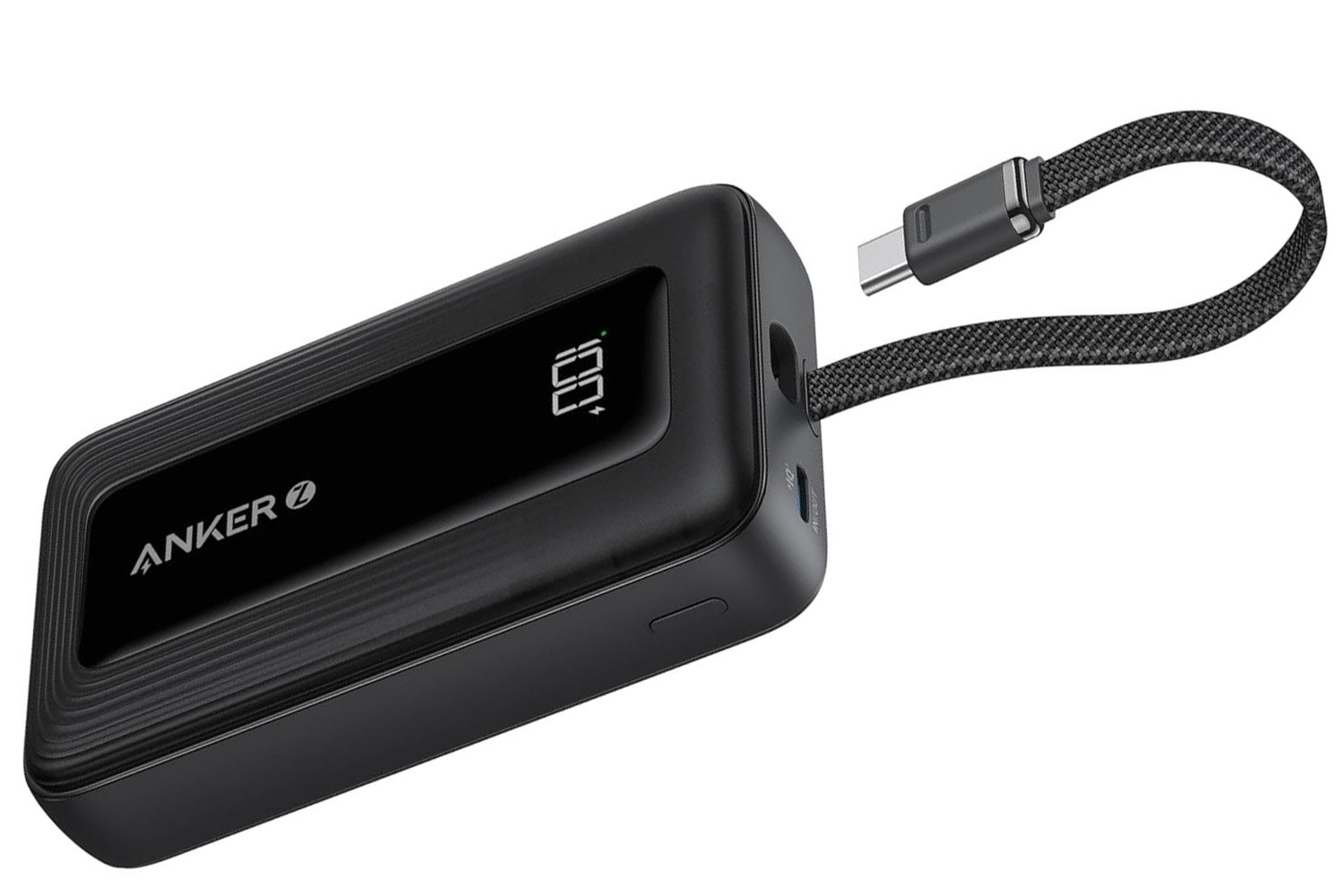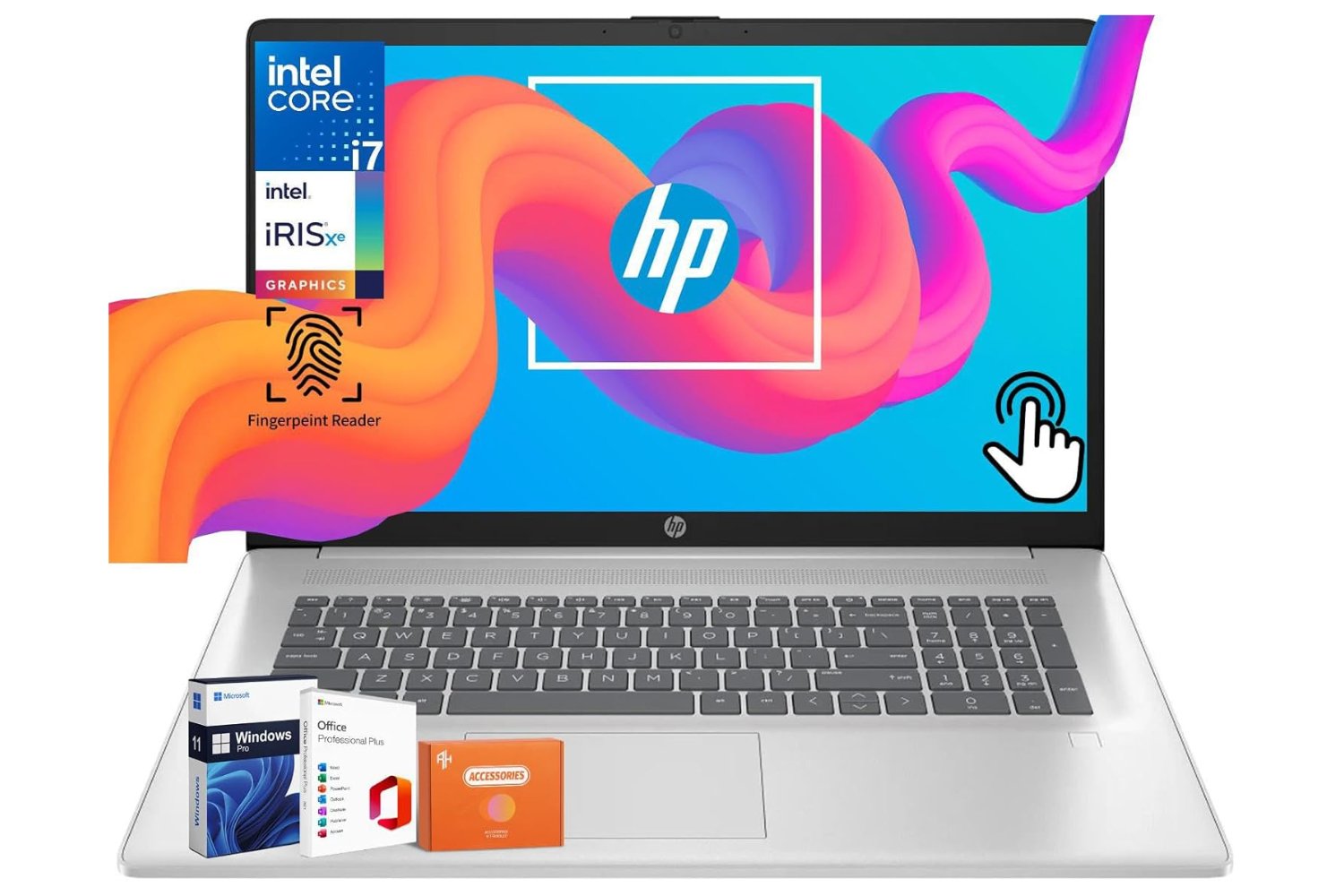Blue Diamond Web Services
Your Best Hosting Service Provider!
June 1, 2025
The Live-Action ‘One Piece’ Has Found Its Tony Tony Chopper

Mikaela Hoover will provide the voice and facial mocap for the Straw Hat’s doctor in the Netflix adaptation’s sophomore season.
The Full ‘Squid Game’ Season 3 Trailer Teases a Wild and Violent End

Netflix’s blockbuster thriller returns for its final installment June 27, and there’s no way all these characters are going to survive.
May 31, 2025
This Anker 10,000mAh 30W Power Bank Is Down to Black Friday Levels, Amazon Is Clearing Out Stock at 40% Off

Anker is the most trusted power bank brand, and this is their most popular model.
This Cool Kodak Gadget Can Print Instant Photos From Your iPhone, and It’s Now 40% Off on Amazon

Simply connect either your iPhone (or Android phone) and print your souvenirs.
This HP 17″ Laptop (64GB RAM, 2TB SSD) Is Nearly Free, Amazon Slashes 75% Off and Adds $400 in Free Bonuses

Amazon lets you save $3,500 on a super powerful HP laptop and it’s hard to believe.
and this





